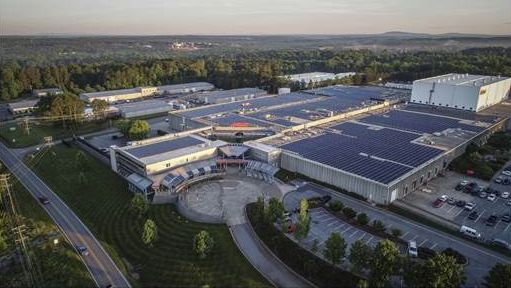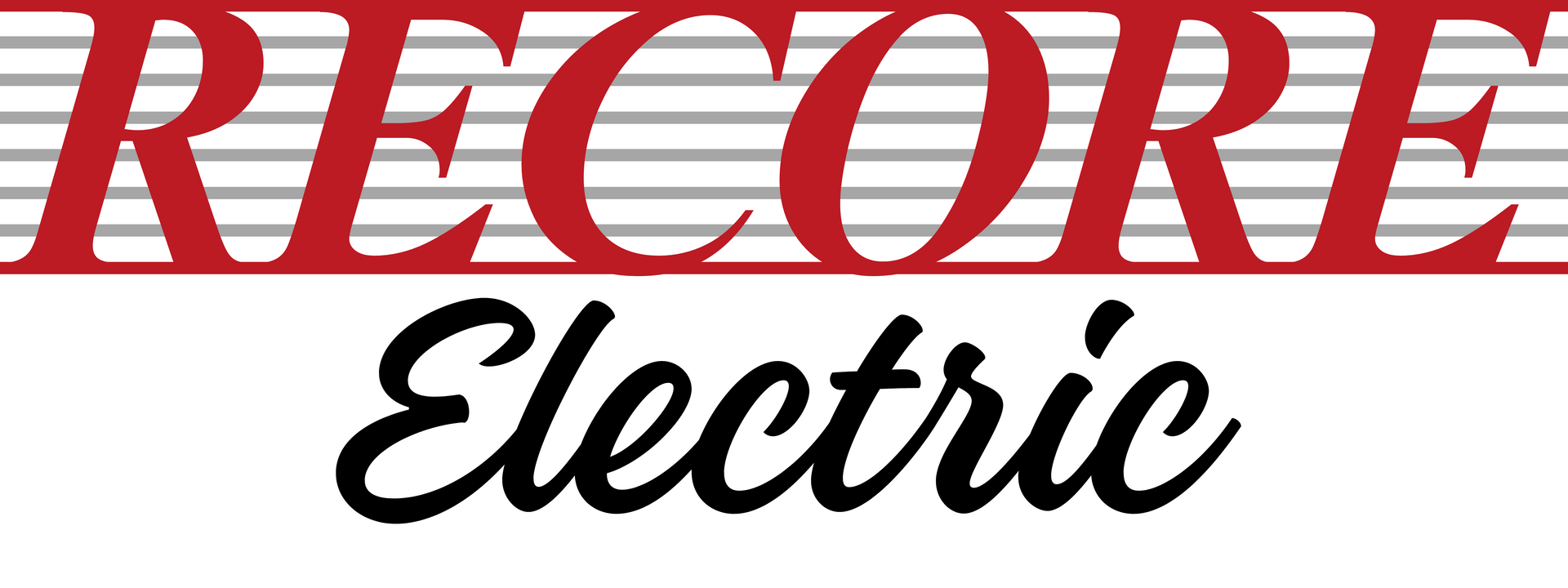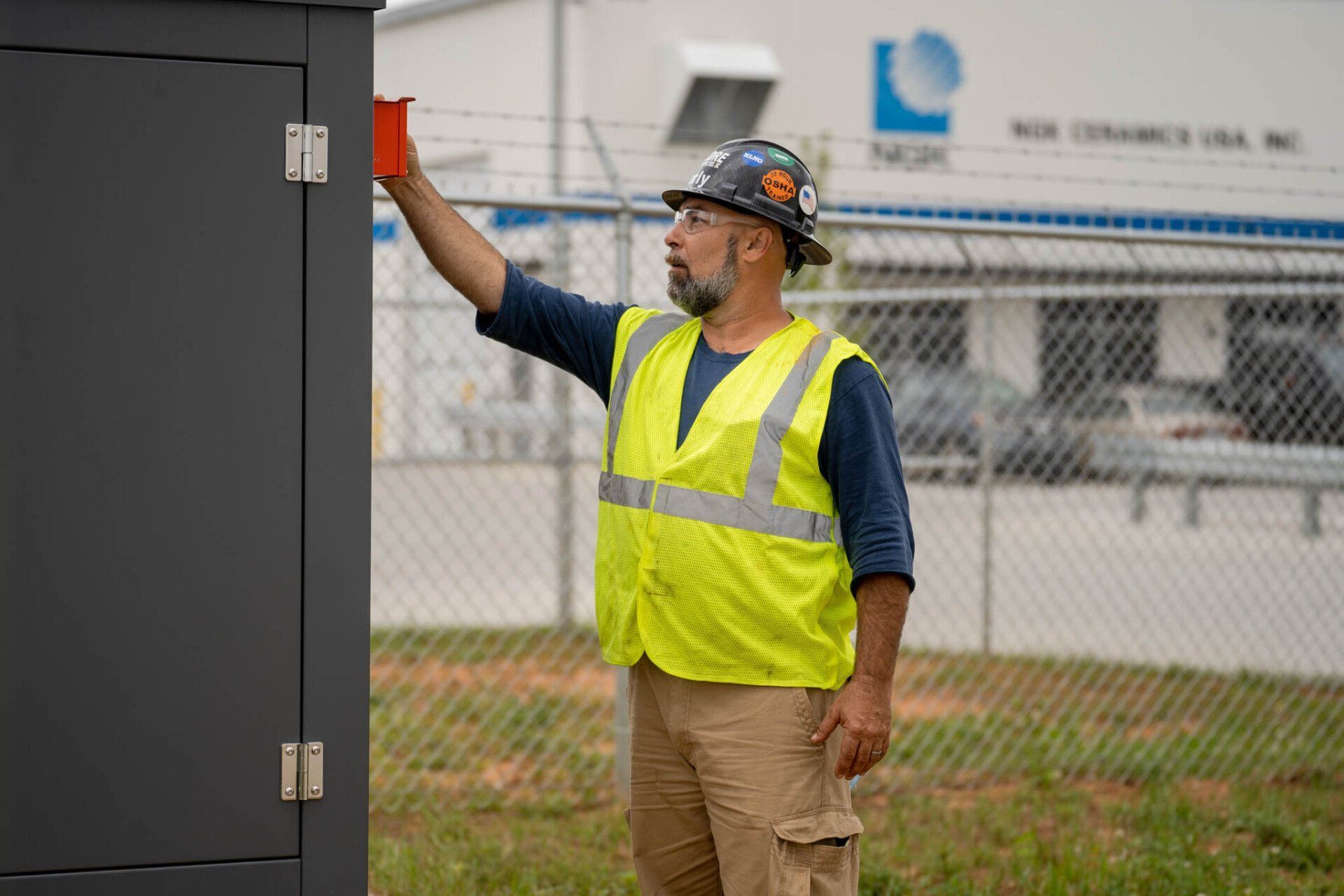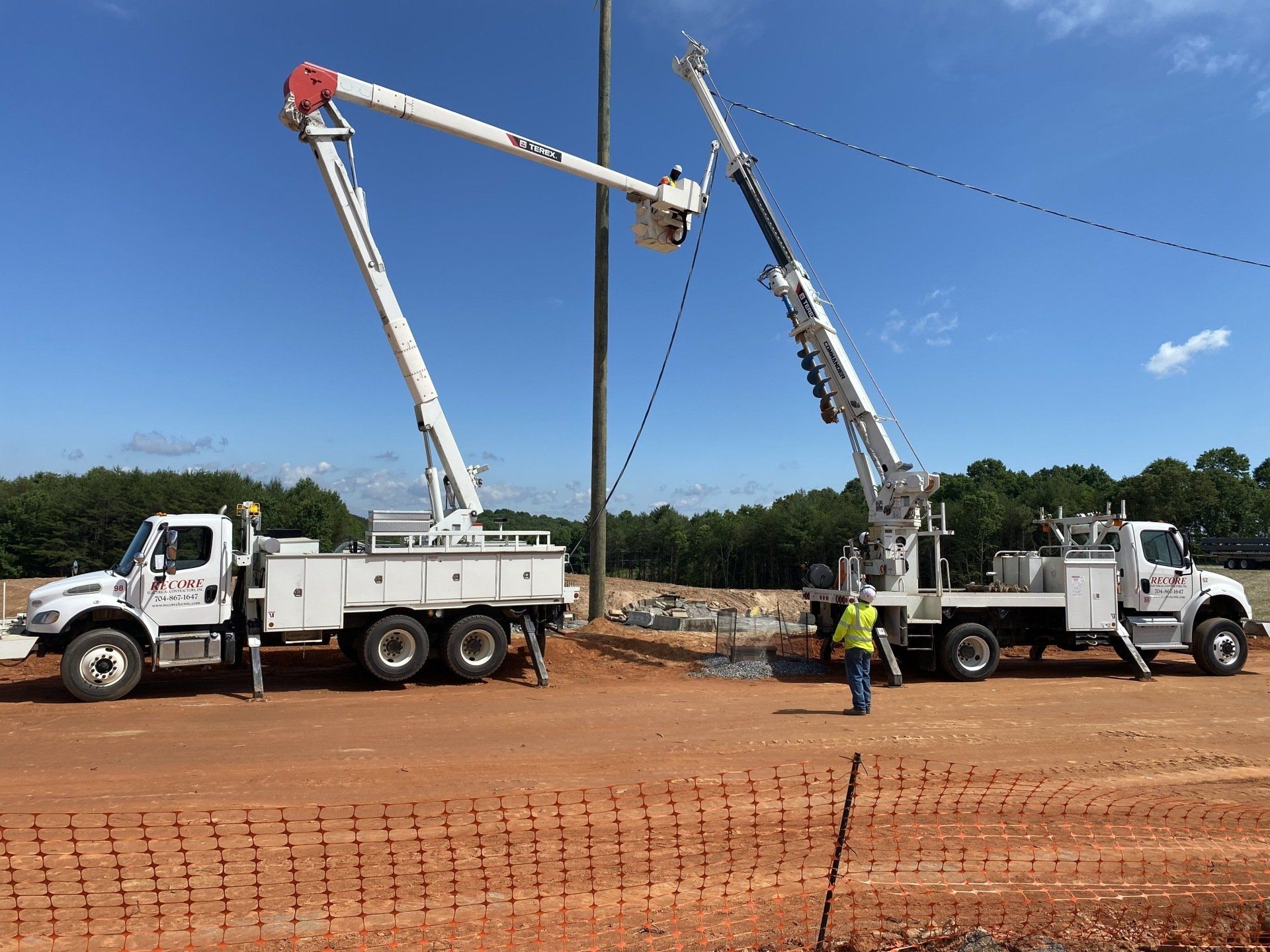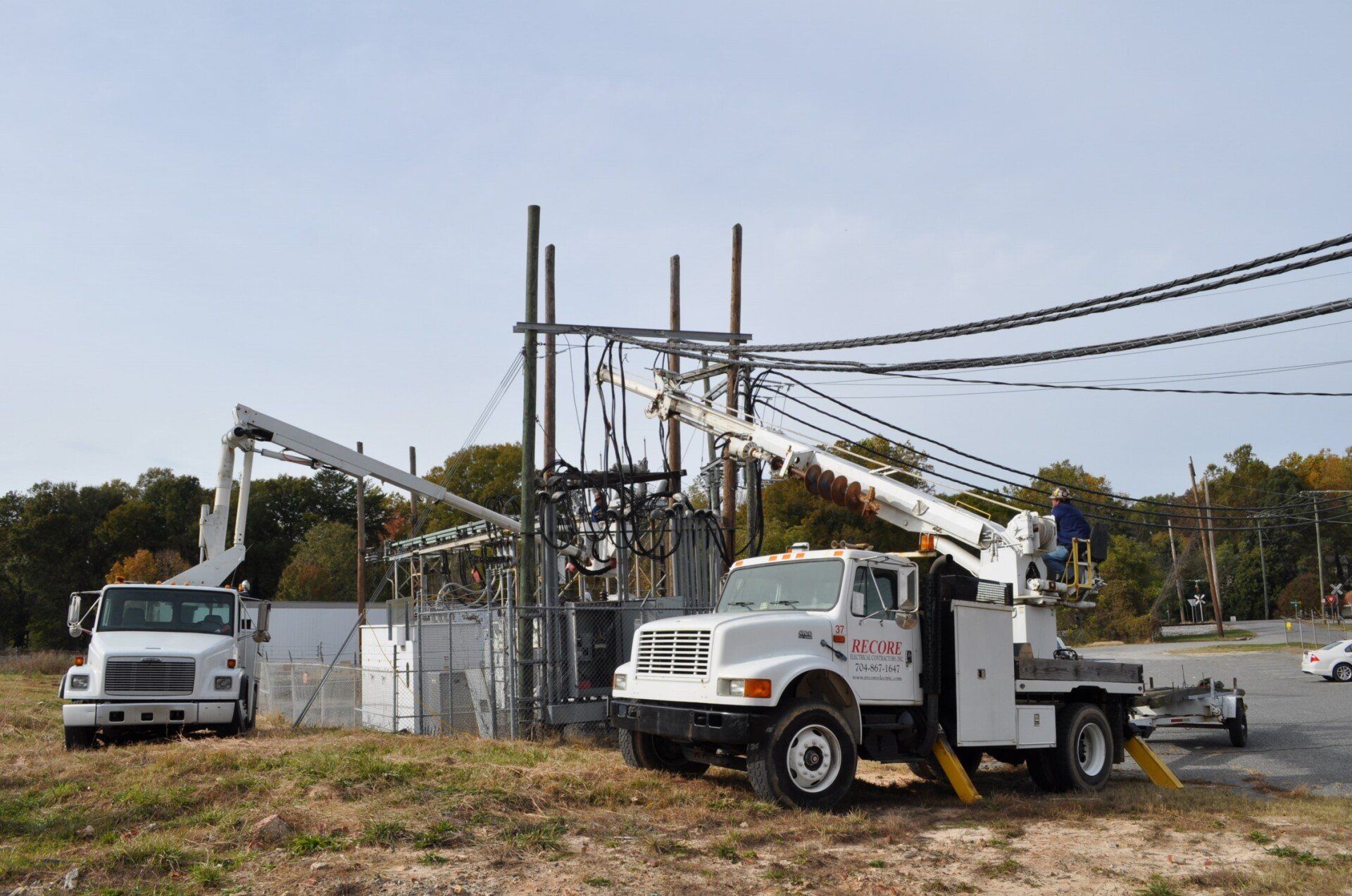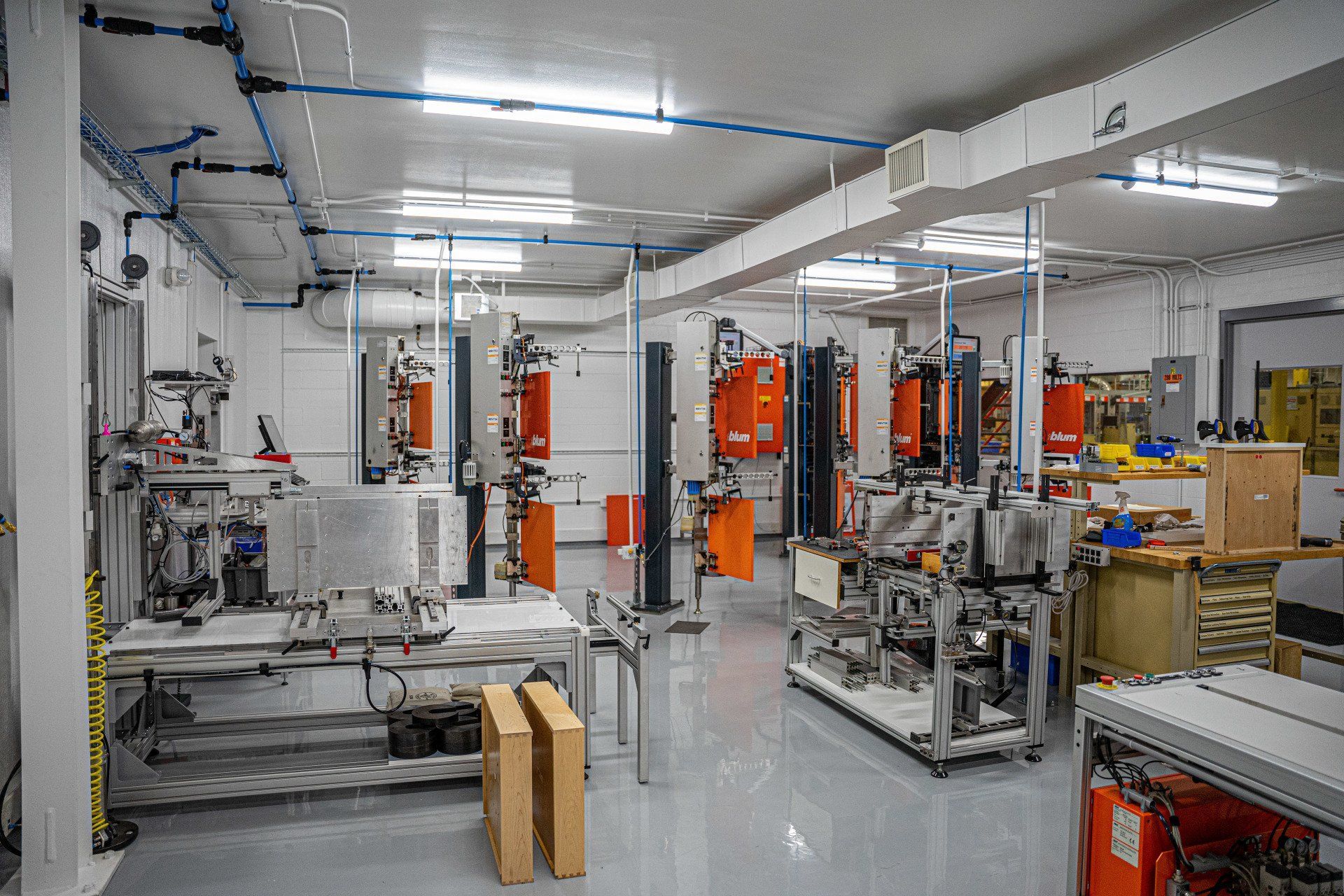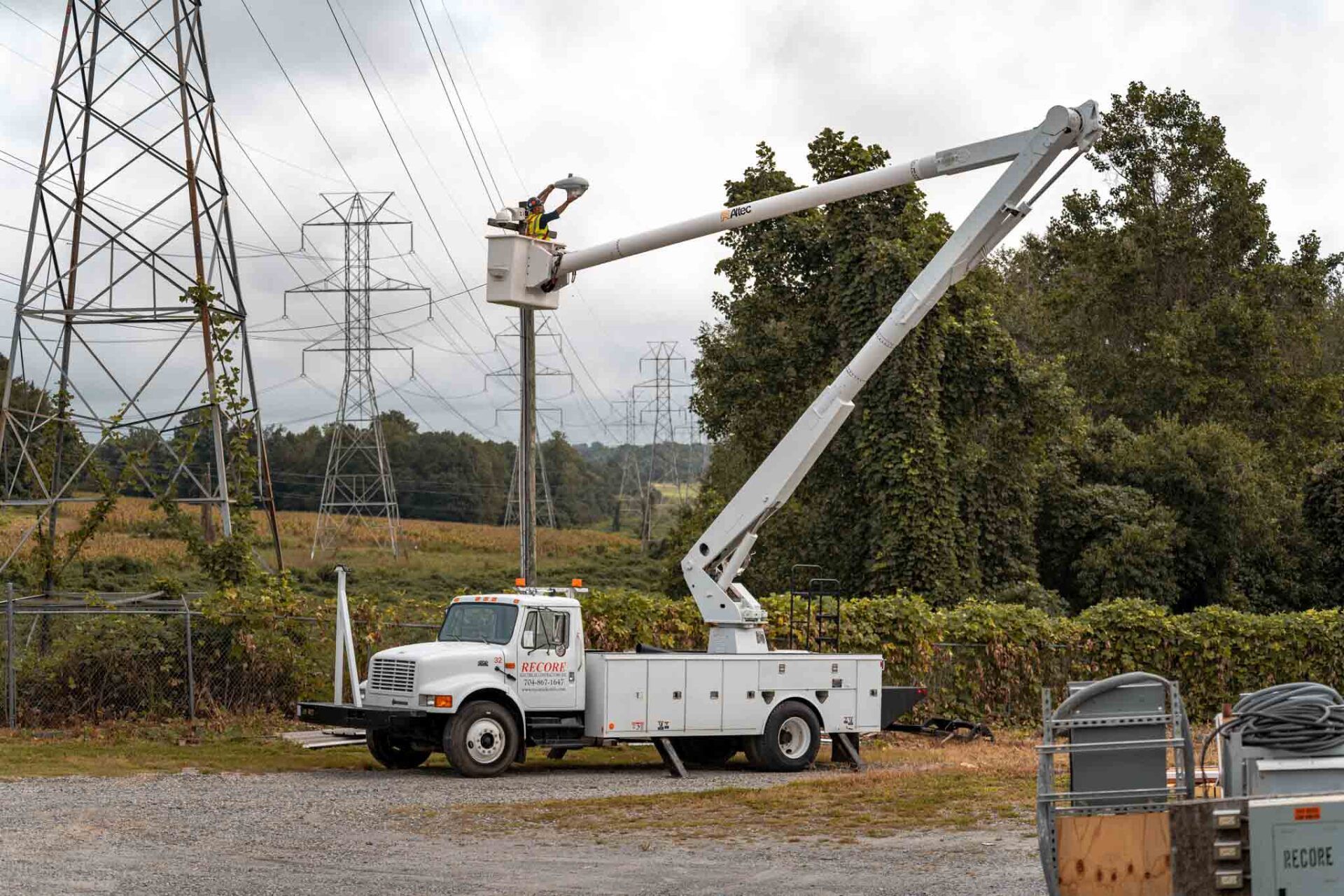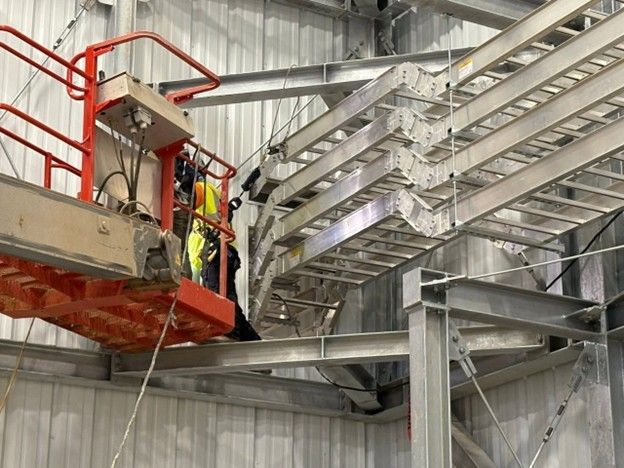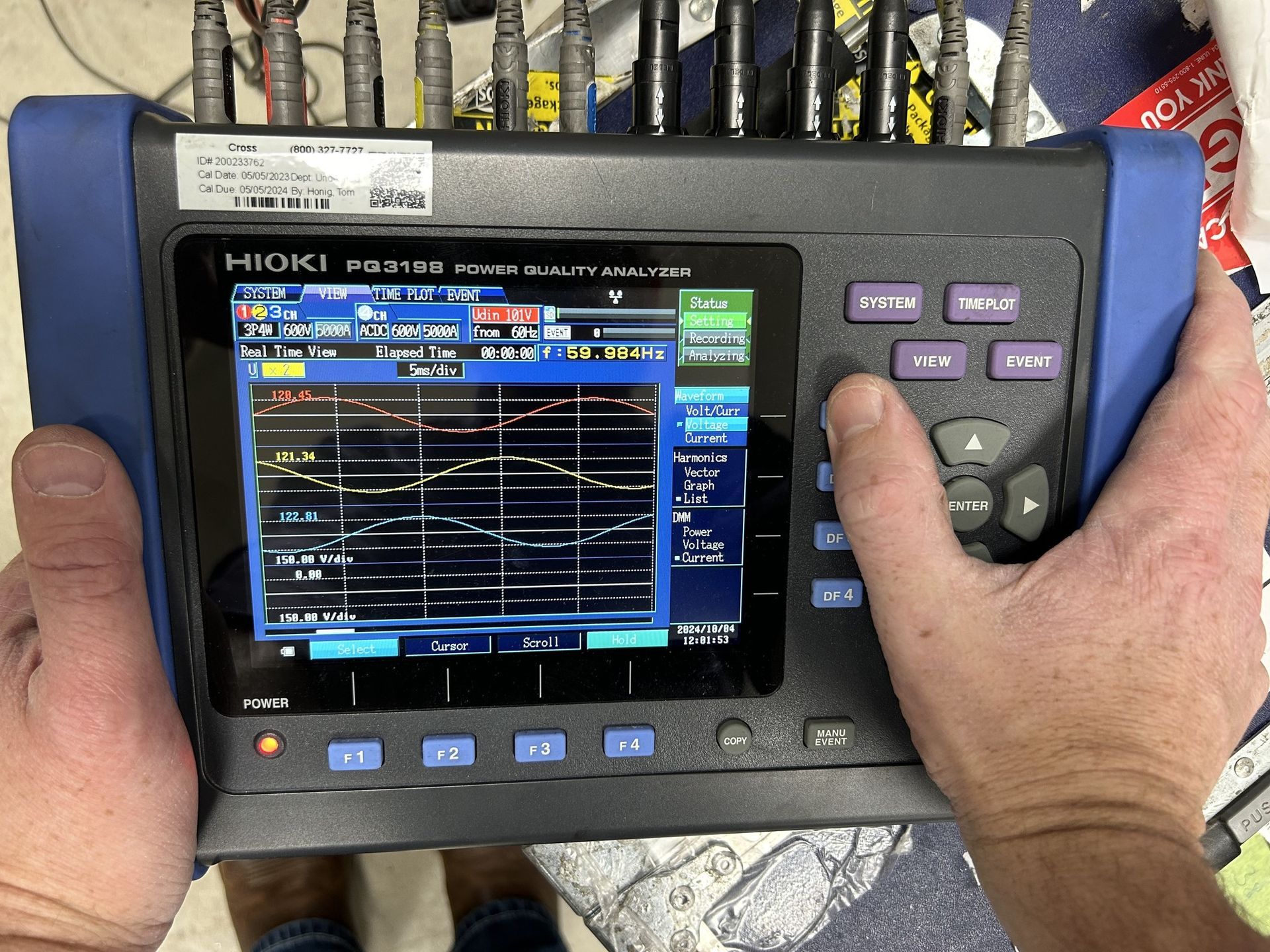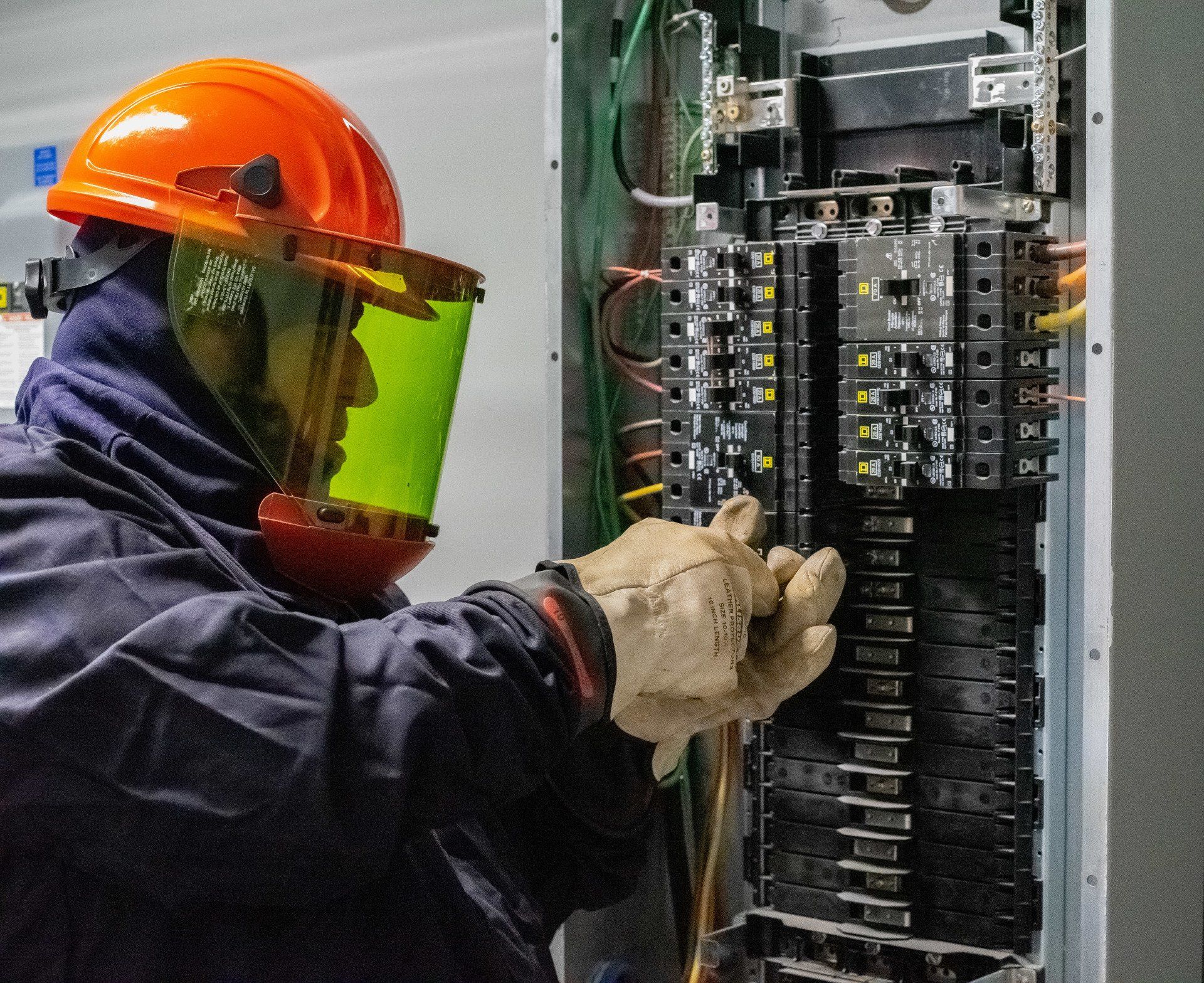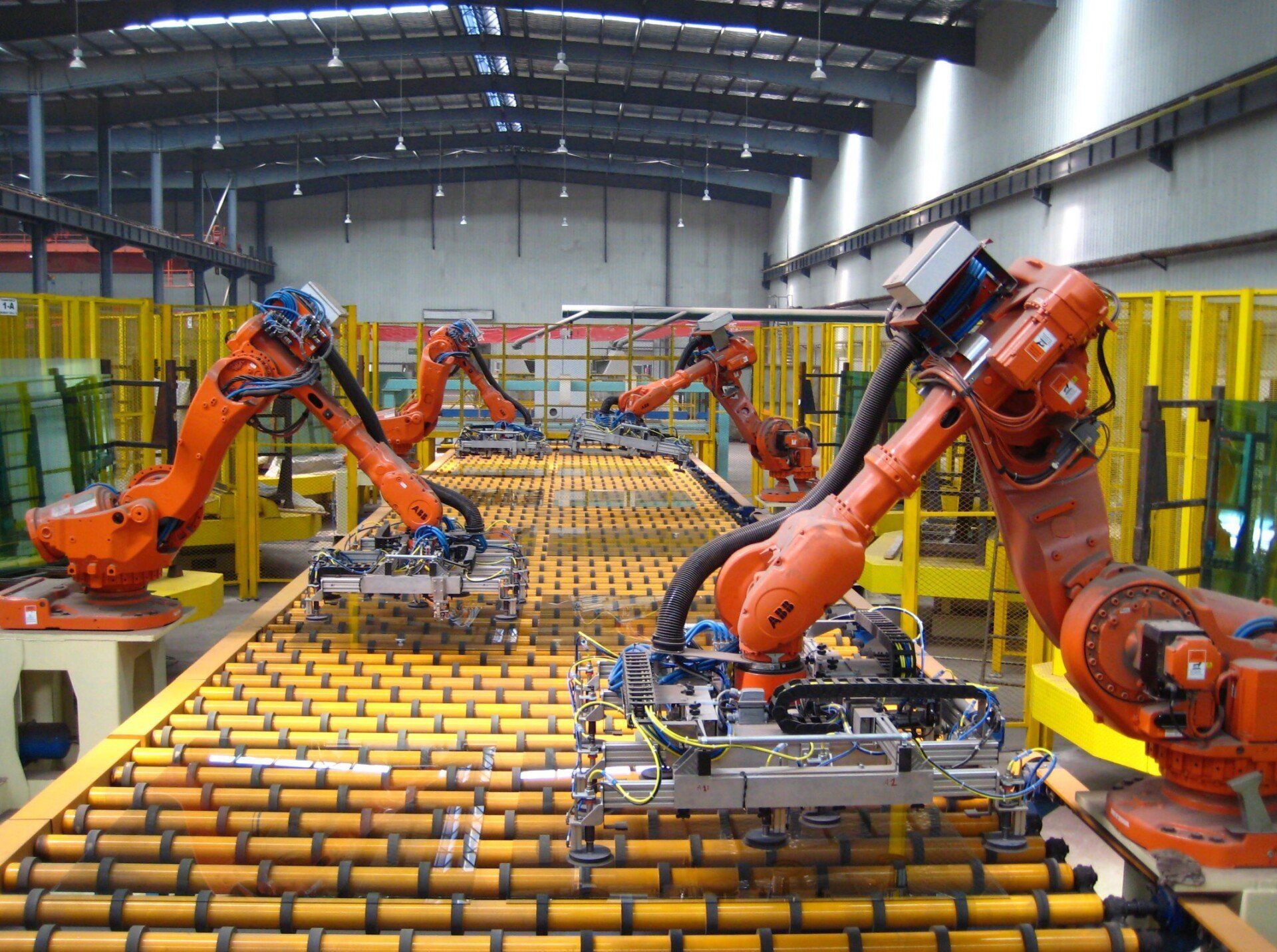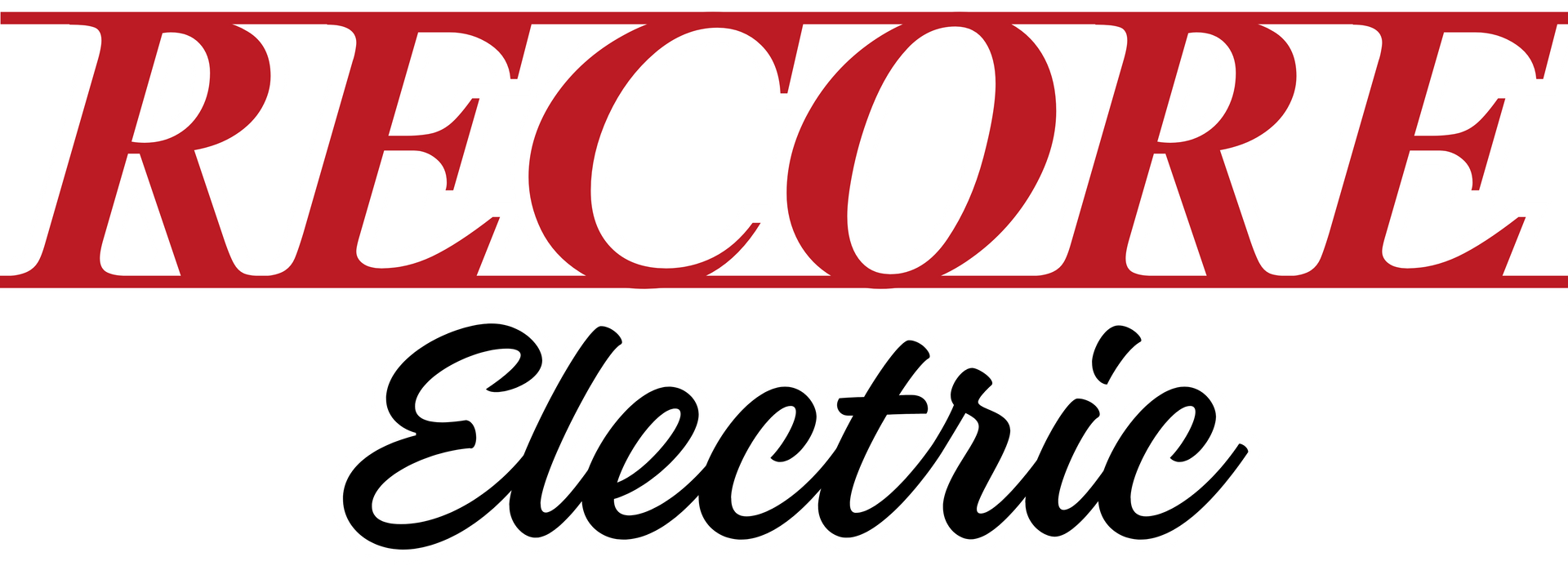Electrical Contracting for Manufacturing and Office Space
The convergence of manufacturing and office environments within the same facility presents a unique challenge for electrical contractors. These mixed-use buildings require systems that support both high-demand industrial equipment and sensitive commercial office electronics. A reliable partner in electrical contracting for manufacturing and office space must navigate this complexity while delivering safe, scalable, and cost-efficient solutions.
At Recore Electric, this balance is at the heart of what we do. We work with developers, general contractors, and owners to design and build electrical systems that meet the diverse needs of hybrid-use facilities.
Understanding the Needs of Mixed-Use Industrial Facilities
Manufacturing areas and office spaces serve different functions, and their electrical requirements reflect that contrast.
Manufacturing Space Needs:
- High-voltage power for machinery
- Three-phase power distribution
- Specialized grounding systems
- Heavy-duty conduit and raceway installations
- Safety systems for industrial equipment
- Electrical panels sized for expansion
Office Space Needs:
- Standard 120/208V power systems
- Data and telecom cabling
- Lighting suitable for computer work
- Energy-efficient systems and controls
- Clean power for sensitive electronics
- HVAC control wiring
Blending these two environments requires careful coordination from project planning through final commissioning.
Strategic Planning Starts at Design
The design phase plays a critical role in setting the foundation for successful electrical contracting for manufacturing and office space. It begins with close collaboration between the electrical contractor, general contractor, architects, and engineers.
A thorough understanding of the client’s operations allows the contractor to design appropriate electrical infrastructure. This includes selecting the right transformers, planning for load separation, coordinating utility entry points, and future-proofing the system for potential growth.
Recore’s in-house design-build capabilities help streamline this process. We use digital modeling tools and preconstruction services to identify conflicts early, saving time and reducing cost overruns down the line.
Load Separation and Panel Configuration
A core challenge in hybrid-use facilities is isolating electrical loads between industrial and commercial zones. This protects office equipment from voltage fluctuations caused by heavy-duty machinery.
To manage this, contractors typically install separate subpanels for each area, fed by a common main service panel. Transformers may be used to step down voltage for the office wing.
Powering Specialized Equipment
Manufacturing environments often require custom electrical solutions to support specialized equipment such as CNC machines or conveyors. These tools have strict power requirements that may involve three-phase systems, variable frequency drives, or programmable logic controllers.
Recore works directly with OEMs and client engineers to gather load data and configure circuits accordingly. We also install dedicated feeds with appropriate safety disconnects, breaker sizing, and labeling for easy identification and maintenance.
For offices, this might mean provisioning additional power and data drops for conference rooms, server rooms, or modular furniture systems. Coordinating these needs at the planning stage avoids costly revisions later in the build.
Technology Integration Across Environments
Today’s facilities require seamless integration of technology across the shop floor and the boardroom. This includes access control systems, security cameras, fire alarms, building automation systems, and robust data cabling infrastructure.
Recore’s electrical contracting for manufacturing and office space projects often includes:
- Structured cabling for Wi-Fi, LAN, and telecom systems
- Fiber optic backbone cabling
- Card access and surveillance integration
- Interconnected fire alarm systems
- Building Energy Management Systems (BEMS)
Installing these systems during initial construction allows for better routing, concealed cabling, and fewer disruptions post-occupancy.
Attention to Detail in High-End Office Environments
While the production areas of these facilities are typically designed to be extremely durable and utilitarian, the office portions often include delicate and expensive design elements. These may include architectural lighting, premium finish materials, integrated showrooms, and specialized laboratory spaces for research and development.
Installing systems in these areas requires a completely different approach and mindset. Unlike the rugged, efficiency-focused nature of production zones, office environments demand precision, care, and a deep sensitivity to both aesthetic and functional integration.
In many cases, this also means working hand-in-hand with interior designers who have a specific, and sometimes elusive, vision for the space. Their creative direction may not always be clearly defined in construction documents, requiring extra coordination, flexibility, and attention to subtle design intent to ensure everything comes together as envisioned.
Flexibility and Scalability for Future Expansion
One of the biggest benefits of working with an experienced electrical contractor is building for the future. Hybrid-use facilities are often part of a company’s long-term growth strategy. Electrical systems should be designed to handle additional equipment, expanded office headcounts, or new technology rollouts without major rework.
This forward-thinking approach minimizes downtime and expense during future expansions or modifications.
Safety as a Constant Priority
Working in both industrial and commercial environments presents unique safety considerations. For example, manufacturing areas may require arc flash labeling, lockout/tagout stations, and GFCI protection. Office areas, while less hazardous, still demand compliance with life safety codes and proper emergency lighting.
Recore maintains a strict safety program that includes daily jobsite inspections, toolbox talks, and adherence to OSHA standards. Our crews are trained to work around ongoing operations, which is especially important during tenant improvements or phased construction projects.
Partnering with Recore
When choosing a contractor for electrical contracting for manufacturing and office space, look for experience across both settings. Recore has delivered power, lighting, and low/high voltage systems for facilities ranging from light assembly shops with adjacent corporate offices to complex manufacturing campuses with executive suites, labs, and clean rooms.
Our crews are licensed, trained, and equipped to complete projects safely and on schedule. We also coordinate with other trades, keeping your project aligned and on budget from start to finish.
Conclusion
The success of a mixed-use facility hinges on an electrical system that is flexible, reliable, and tailored to both environments it supports. Recore’s commitment to quality craftsmanship and detailed planning makes us the trusted choice for projects requiring integrated electrical contracting for manufacturing and office space.
To learn more about how we can support your next project, contact our team today.
